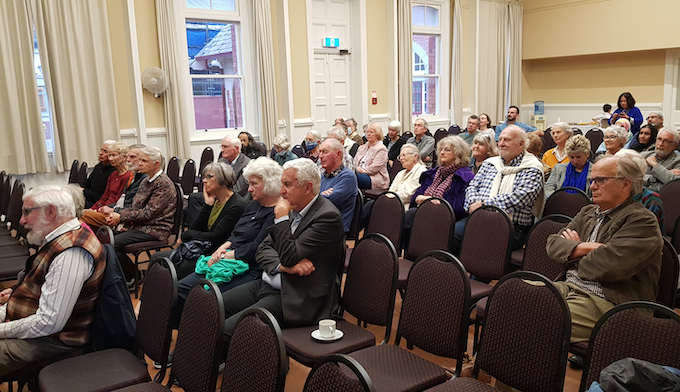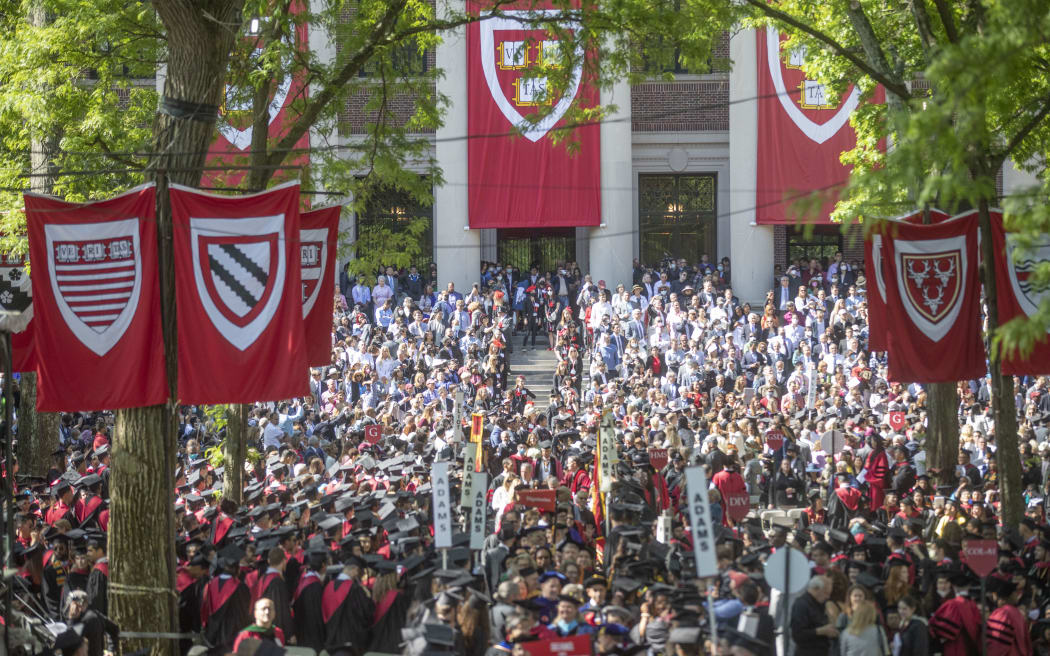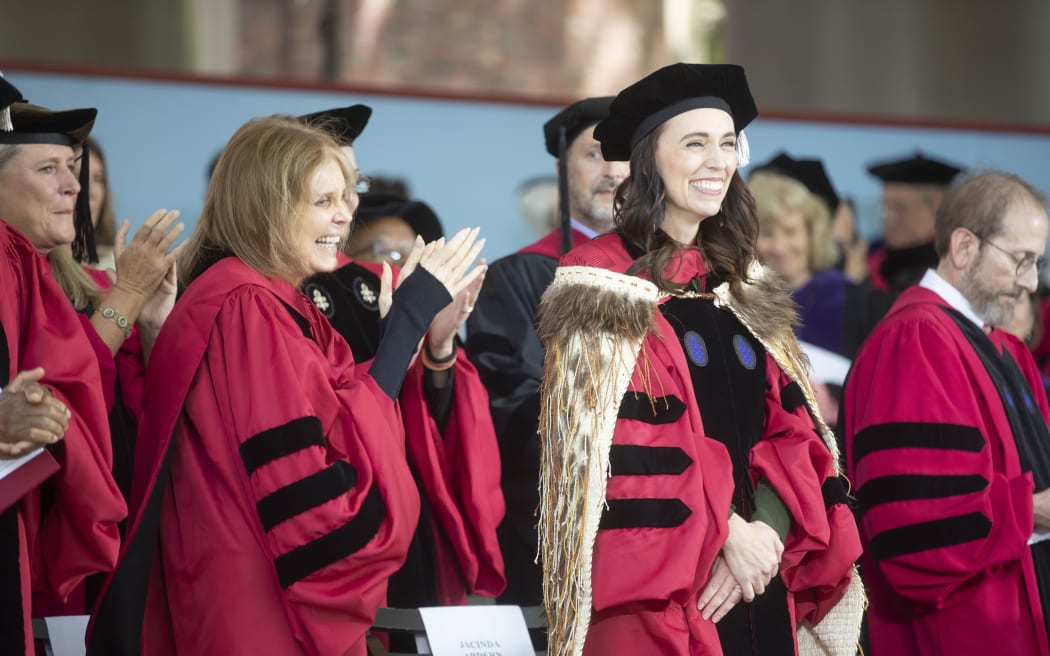By Katie Scotcher, RNZ News political reporter
Former New Zealand prime minister Jacinda Ardern has received one of the top accolades in today’s King’s Birthday Honours.
Ardern, who was prime minister from September 2017 until January this year, has been appointed a Dame Grand Companion of the New Zealand Order of Merit.
She received the honour for services to the state.
- READ MORE: King’s Birthday Honours: Kiwis recognised for service across fields from business to sport
- Other King’s Birthday Honours reports
Dame Jacinda declined to speak to RNZ about the award, but said in a statement she was “incredibly humbled”.
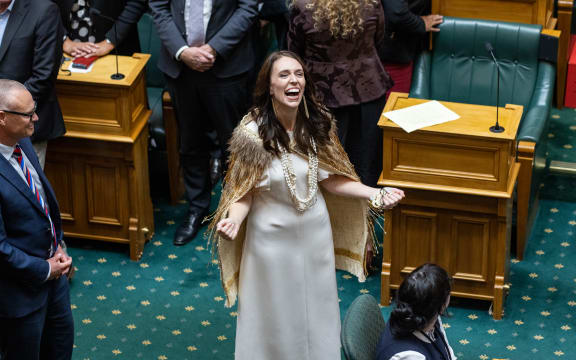
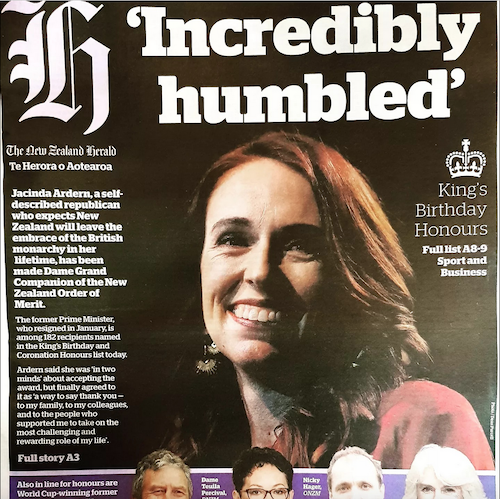
“I was in two minds about accepting this acknowledgement. So many of the things we went through as a nation over the last five years were about all of us rather than one individual,” Ardern said.
“But I have heard that said by so many Kiwis who I have encouraged to accept an honour over the years. And so for me this a way to say thank you — to my family, to my colleagues, and to the people who supported me to take on the most challenging and rewarding role of my life.”
Ardern’s official citation listed her leadership in response to the March 15 terrorist attacks and the covid-19 pandemic “positioning New Zealand as having one of the lowest covid-19 related death rates in the Western world.”
It noted she had been named top of Fortune Magazine‘s World’s 50 Greatest Leaders in 2021.
The citation also referenced Ardern’s focus on child poverty reduction and listed several policies her government introduced, including free school lunches in some schools.

Ardern was first elected in 2008 and became leader of the Labour Party in 2017. She became prime minister later that year.
Ardern announced her surprise resignation in January, saying she did not have “enough in the tank” to seek re-election.
Since leaving politics in April, Ardern has become New Zealand’s Special Envoy for the Christchurch Call and trustee of Prince William’s Earthshot Prize.
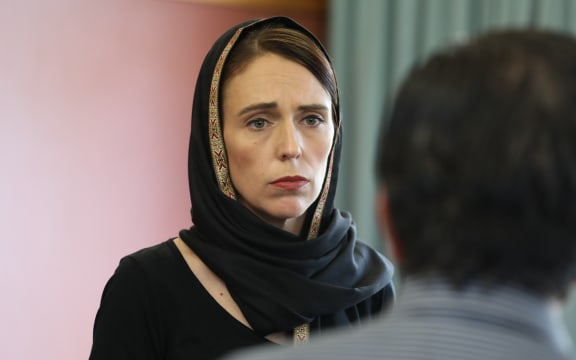
She has also been appointed two fellowships at Harvard University.
In a statement, Prime Minister Chris Hipkins said Ardern was recognised for leading New Zealand through some of the “greatest challenges” the country has faced in modern times.
“Leading New Zealand’s response to the 2019 terrorist attacks and to the covid-19 pandemic represented periods of intense challenge for our 40th prime minister, during which time I saw first hand that her commitment to New Zealand remained absolute.”
This article is republished under a community partnership agreement with RNZ.
This content originally appeared on Asia Pacific Report and was authored by APR editor.
This post was originally published on Radio Free.
